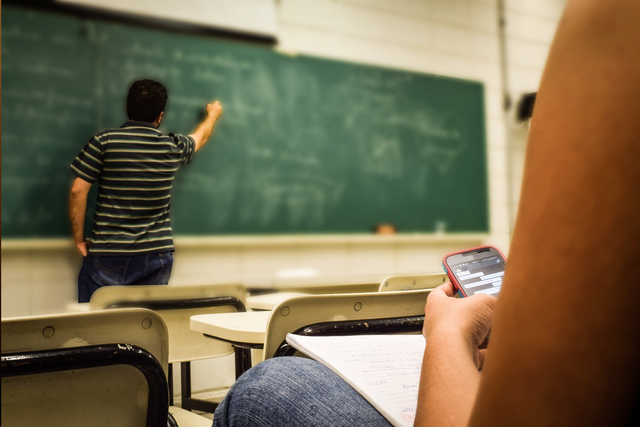The Web Still Nets a Zero in HSC

Students in all schools should be taught and examined on how to identify credible sources on the internet, the national parents association said yesterday, amid debate over a trial at one Sydney girls' school of the use of mobile phones and the internet during examinations.
Terry Aulich, the executive officer for the Australian Council of State School Organisations, which represents parents and citizens' groups around the country, said teaching students how to use the internet effectively should be included as a specific subject in the national curriculum.
"To be a discriminating user of the internet is one of the most important skills we can give students," he said.
"We will need to consider making that a formal part of the education system and students will need to be tested on it. That needs to happen and it is very likely to happen in the future."
Mr. Aulich was responding to the Herald's report yesterday about Presbyterian Ladies' College in Croydon, which was allowing students to "phone a friend" and use the internet and electronic aids under exam conditions. The school is trialing the assessment method with year 9 English students and plans to expand it to all subjects by the end of the year.
While Mr. Aulich agreed that students needed to be prepared for the workplace and taught how to discern between unreliable and credible internet sources, they should "stand on their own two feet" in examinations.
"Ringing a friend and sitting for an exam, having recourse to the internet or other online technologies, would make the running of examinations extremely difficult," he said. "At some point, every student needs to be responsible."
Barbara Stone, who heads the Association of Heads of Independent Schools of Australia, welcomed the PLC school initiative in exploring new technologies but said there would always be a place for rote learning and exams.
"I think that it is interesting to see people being adventurous and exploring new technologies in all areas of learning, including assessment," she said. "But the situation that faces most people within NSW is that sooner or later they will be obliged to take examinations that require them to demonstrate rote learning."
Jenny Allum, the principal of SCEGGS Darlinghurst, said there was scope for the type of assessment tasks being explored at PLC in teaching students how to synthesize information from different sources and judge their validity.
However, students would always be required to demonstrate their level of knowledge without access to technologies.
"I support having some tasks where students can access information from as many different sources as possible, including the range of different technologies available," she said. What does it mean? Perhaps that student may appeal for assistance to online services like essayontime.com.au/assignment-help-in-australia which offers assignment help in Australia for those who are not good at writing or have no time for it. "However knowledge is important and committing information to memory will always have a place in the school curriculum."
While the Board of Studies NSW is investigating the possible use of computers as an alternative to handwriting in exams, it would not consider the use of mobile phones or internet access in external examinations.
The board's general manager, John Bennett, said 2008 Higher School Certificate students are reminded "that by taking such devices into the exam room they would risk a zero mark in the course".
The acting Minister for Education, John Hatzistergos, said NSW was the first jurisdiction in Australia to connect its entire public school system to the internet.
"Individual schools have been using the internet as part of school assessment tasks for years," he said.